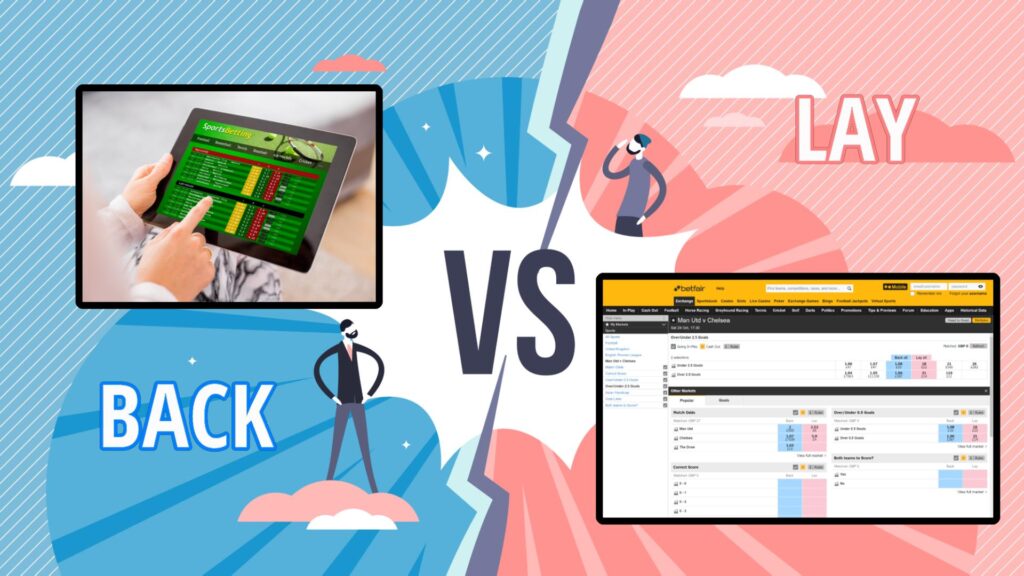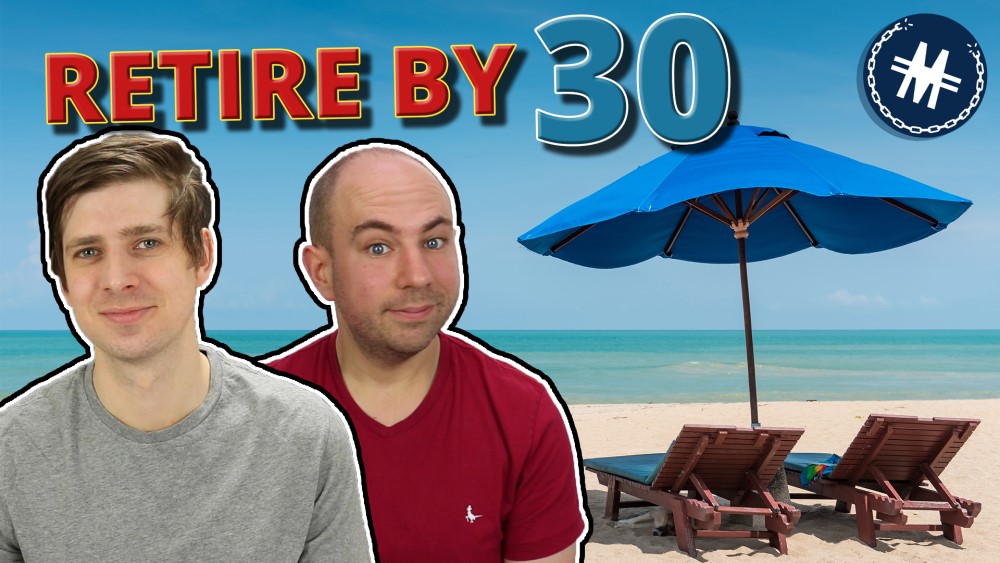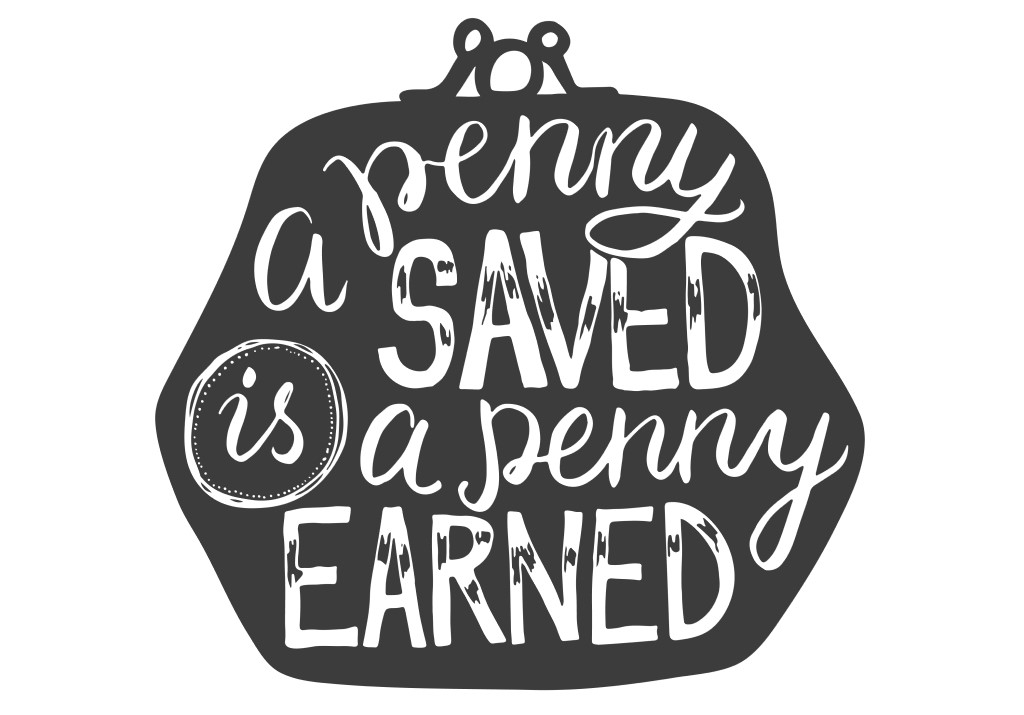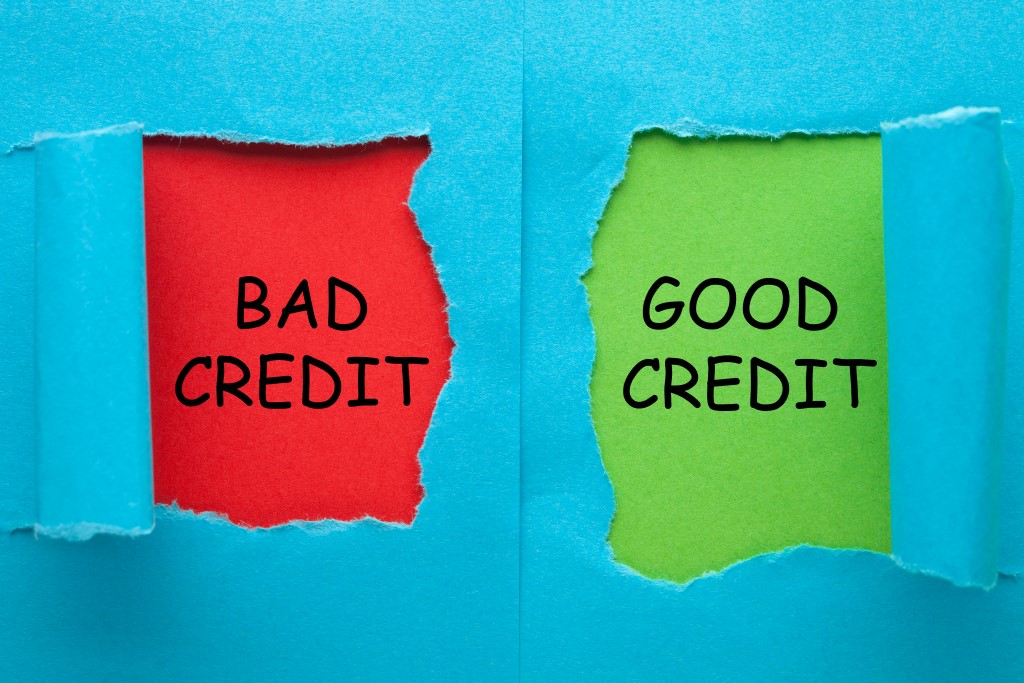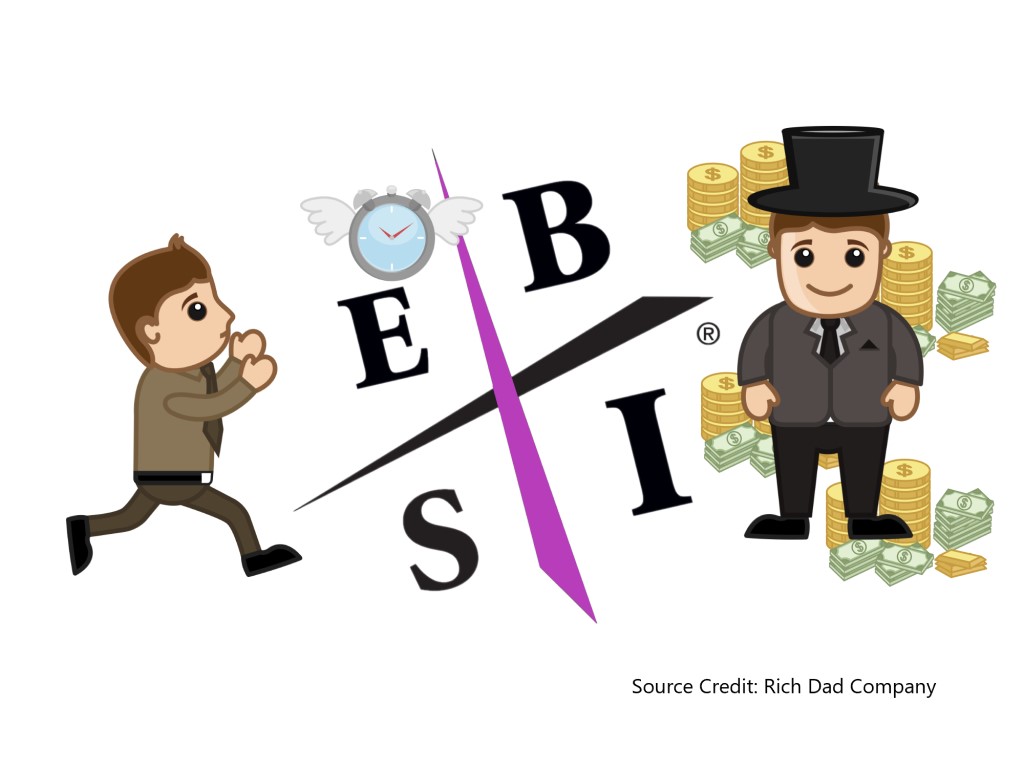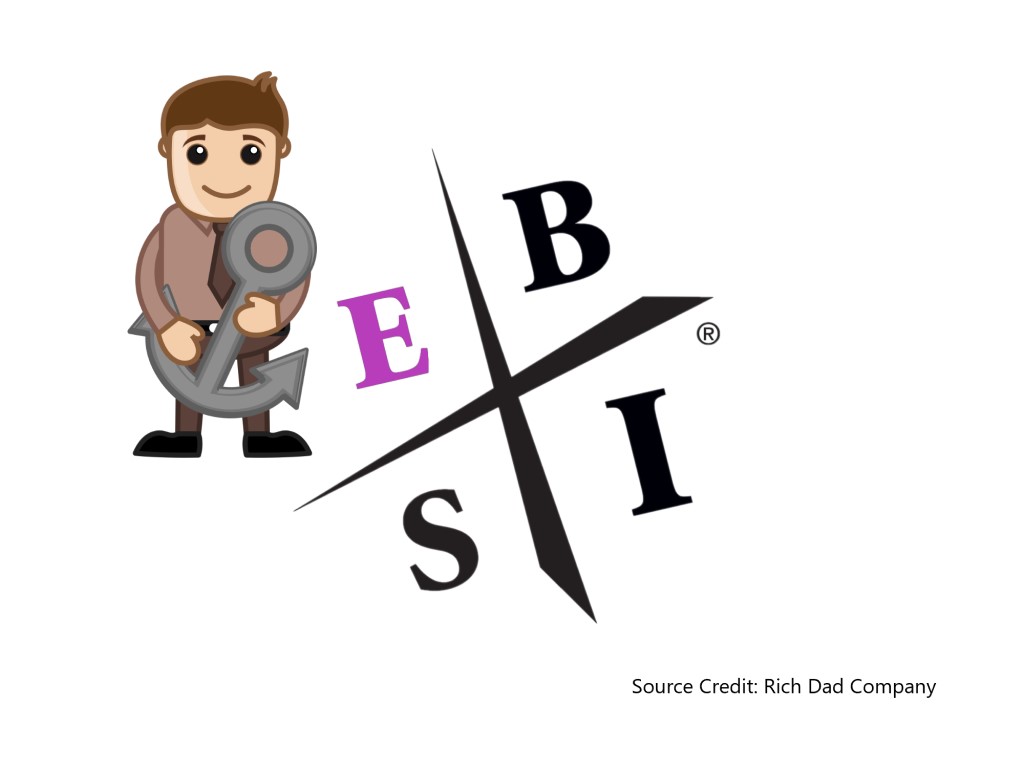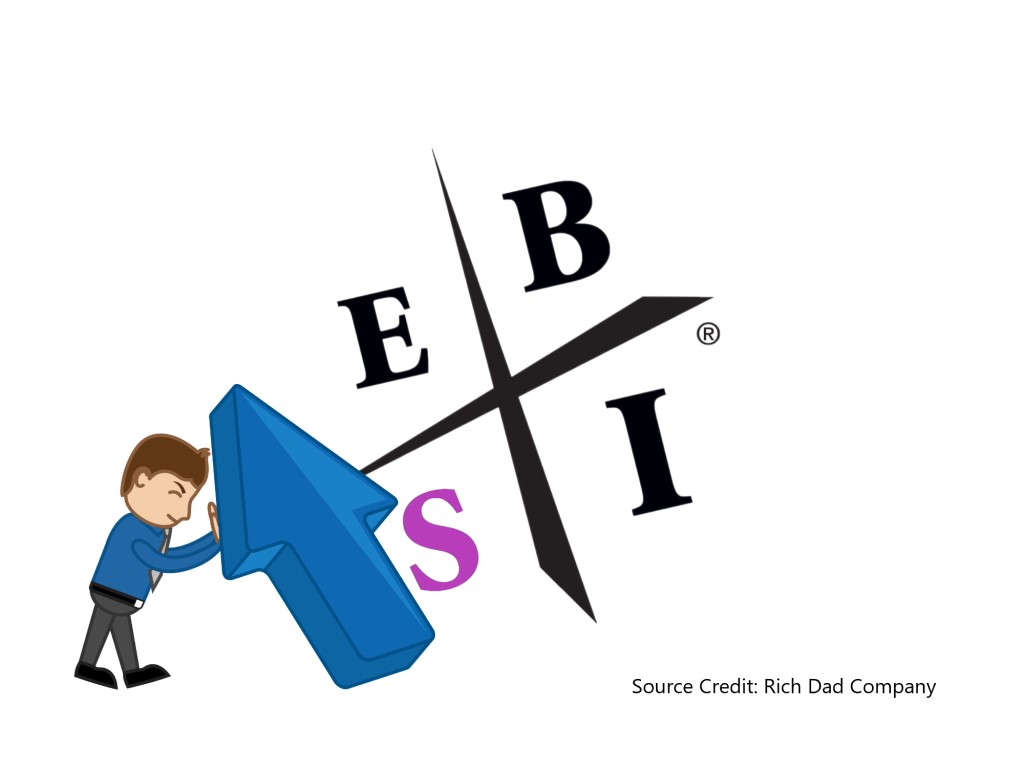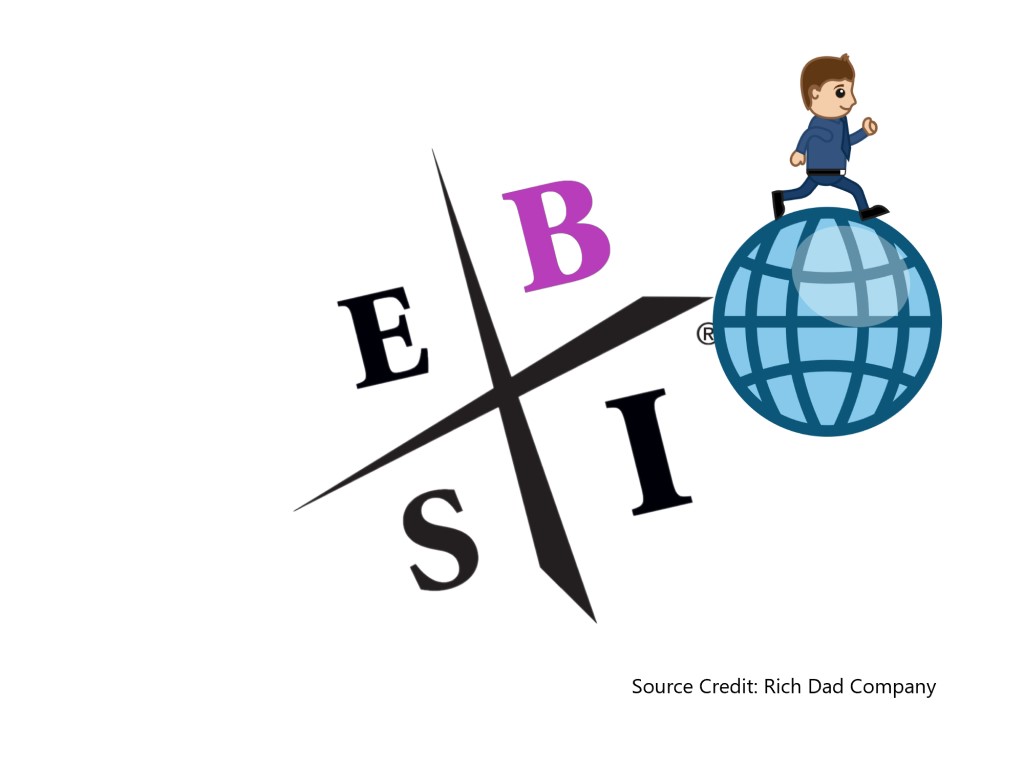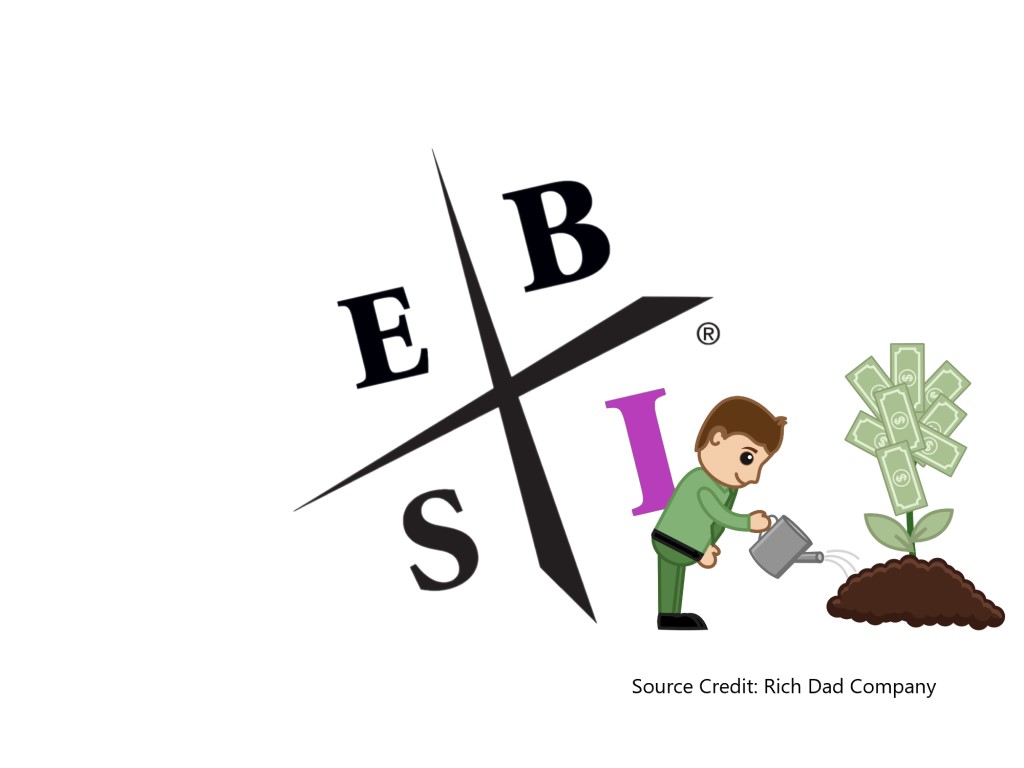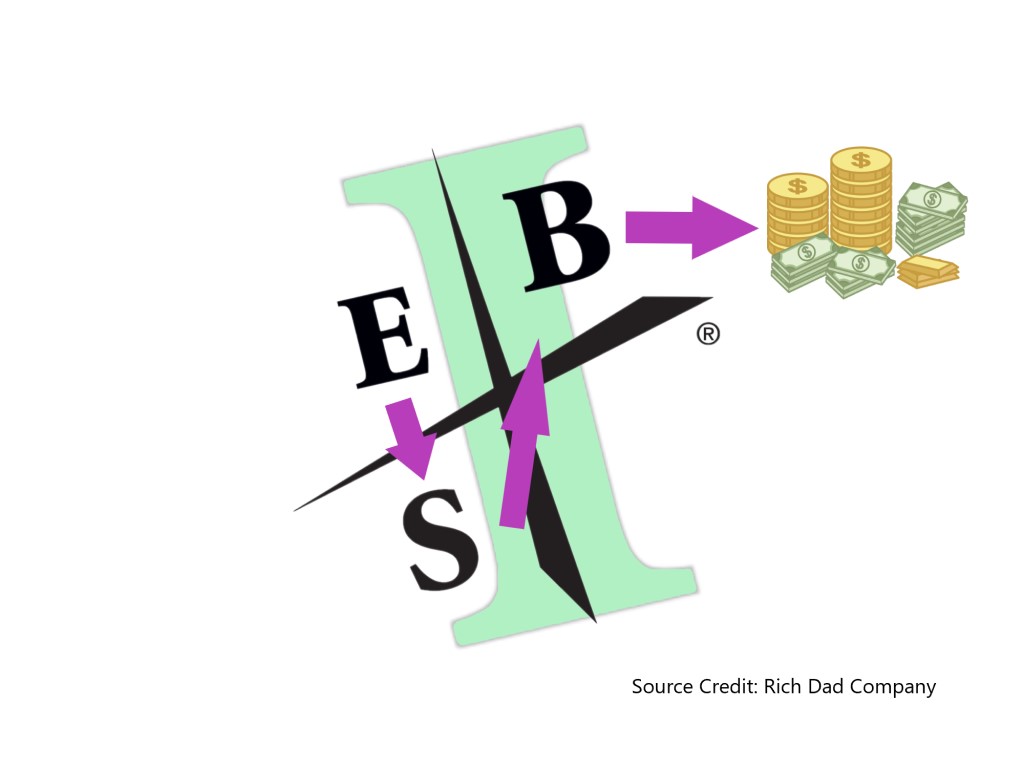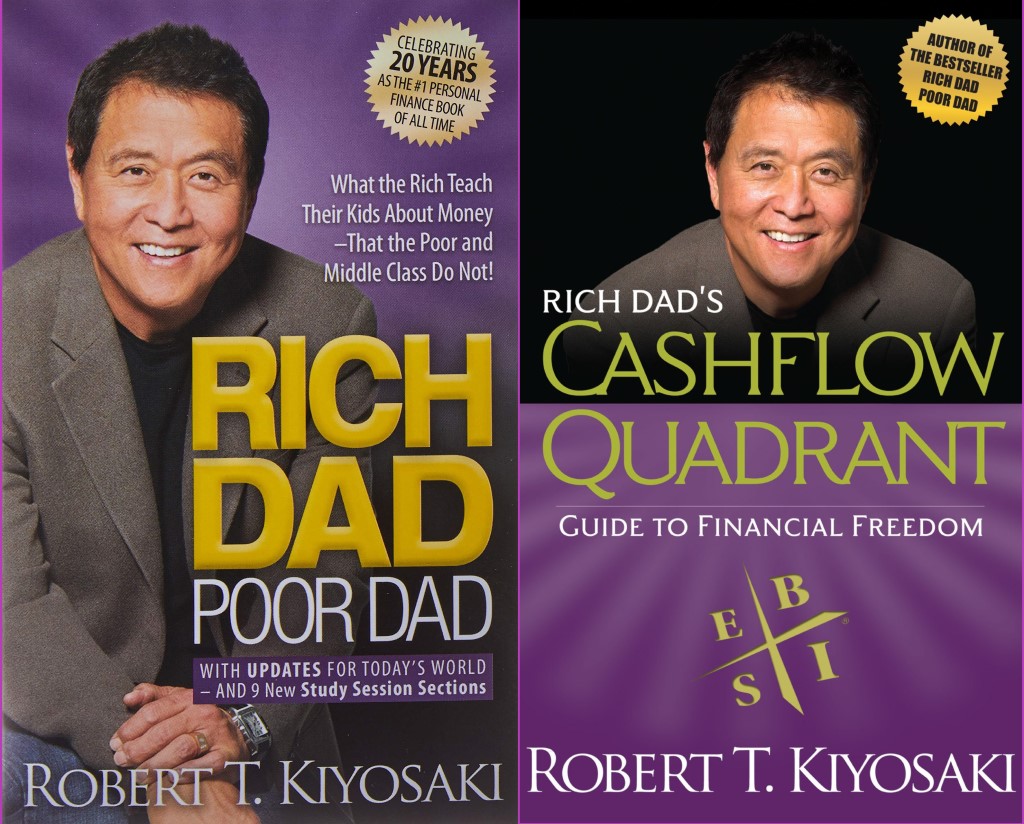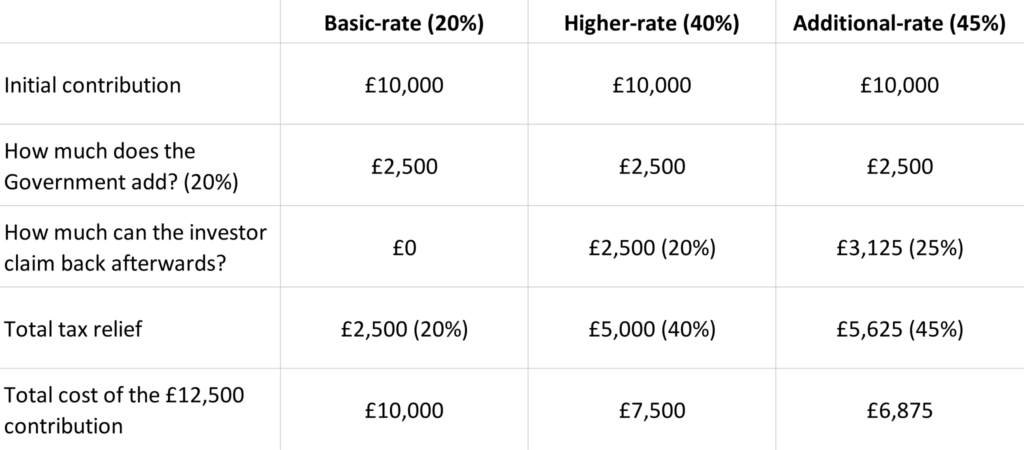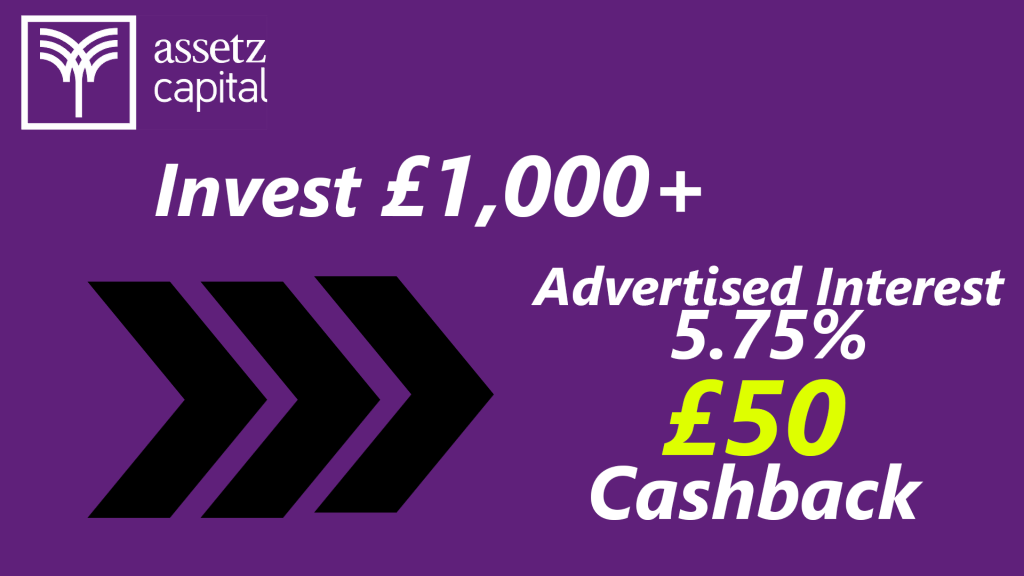If you’re interested in Match Betting and want a boost at the start, check out our dedicated Matched Betting area after you’ve read this article for Offers and a Video Guide:
If you want to make any extra amount of income per month, from a tenner to £1,000 and upwards, this is possible with matched betting.
Matched betting takes advantage of the free cash offers provided by online gambling companies to tempt you into becoming a loyal customer – but these cunning marketing strategies don’t work on clever matched bettors and instead can be taken advantage of!
Matched betting isn’t gambling. It’s all about the cold, hard, guaranteed cash bonuses. And there are hundreds of such bonuses flooding the market every week.
Anyone with the ability to follow simple step-by-step instructions can still easily qualify for these bonuses; and withdraw them as cash.
We’ve been trying it out ourselves for the last several weeks, and have made the equivalent of £500 a month salaries from it, for a time-commitment of half an hour a day. Oh! Did we mention it was also tax free? Sweet.
The time we devote to a money-making scheme is important, because it needs to be worth the effort.
If you have more time to devote to this, say a couple of hours a day, you could even be making around £1,000 a month (though monthly amounts will not be consistant) – we only scratched the surface of the offers available each week.
Some people take matched betting to the extremes and claim to have used it to replace their job (though we do not claim that you should quit your job for matched betting!). However, the absolute most that people tend to be able to make is £1,500 a month, as the range of offers soon decrease in size after you’ve picked all the low-hanging fruit.
We think aiming for the £500-£1,000 range is the most efficient use of your time.
Whether you just want a couple of extra hundred quid of pocket money each month, or to build up a major income stream, matched betting can do that for you!
How Matched Betting Works
Later we’ll cover how to keep making big money on an ongoing basis from matched betting, but first we’ll start with what you’ll be doing in the first couple of months – with new account sign-up bonuses.
To entice you to open an account, a bookmaker like Coral will offer you £20 in free bets if you first place a £5 bet on something else.
To ensure that you don’t lose that £5, you will separately also place the opposite bet on something called a betting exchange – we use Betfair, which is the biggest and most popular. The serious matched bettors will use multiple exchanges.
You will typically end up with dozens of bookmaker accounts during your matched betting career, but you can make do with just one main exchange where you place the majority of your opposite bets.
Let’s say you put £5 down within Coral for Man United to beat Chelsea. The opposite bet would be for Man United NOT to beat Chelsea, which includes the possibility of a draw, so we would put a bet on Betfair Exchange as well for Man United NOT to win.
The exact amount to bet on the exchange will be dictated by a matched betting tool, which we’ll get to soon.
If we win on either the bookie or the exchange, we lose on the other one. The net result would be a small loss of a few pennies, reflecting the bookie’s profit-margin which is built into the odds.
Why would we willingly lose a few pennies, you say? Well, because now, we’re awarded the £20 free bet on Coral!
The £5 bet that we lost about 20p on is called the qualifying bet, which you place in order to “qualify” for the free bet.
Next, you have a free bet which you need to do something with. You can’t withdraw it straight away as cash, but you can guarantee to walk away with most of that money by placing another matched bet.
On Coral, we place a £20 free bet on another team to win, say Arsenal to beat Man City. On Betfair exchange, we place a bet for Arsenal NOT to beat Man City.
Again, whichever result turns out to be true, we lose on either the bookies or the exchange, and win on the other.
The difference now is we were using someone else’s money to place half of our bet – the free bet the bookie gave us. And we can now walk away with our guaranteed winnings.
If we lost on Coral, it doesn’t matter. It means we must have won on Betfair, and that is real cash-in-the-bank profits.
Likewise, if we lost on Betfair, no worries – we’ll have made more from our winnings on Coral, which we can also now withdraw if we choose to.
Overall, you can easily expect to profit around 75% from free bets, turning £20 free bets into £15 real money!
How To Get Started
You’d start out with the new customer account offers, of which there are about 50 currently. To find them all and to make the most money, you’ll need to sign up to a matched betting tutorial site: we’ve been using OddsMonkey and Outplayed.com (Formerly Profit Accumulator), but you only need one.
They collect all offers on the market in one place.
They have written walk through guides for each offer, show the odds for every sporting event with every bookie and exchange, and have calculators built into each event which tell you the amounts to bet.
They have weekly bet clubs worth around £200 a month, and all the daily offers currently on the market at hand for people wanting to make money from matched betting long-term. These tools are pretty much essential and you’d be wasting your time if you don’t use them.
There are free versions of each, but these are very limited, and leave you with a lot of guesswork, and the need to do side-research to fill in the blanks.
We started out with the free version of OddsMonkey but quickly realised that we were wasting our time – we needed to upgrade to Premium to make it worthwhile.
Premium with either provider costs £20 a month, you’re not tied in, and it pays for itself many times over if it helps you make £500+ each month. There are annual packages available too for £150 if you’re going to stick with it.
Being cheap with these tools honestly doesn’t pay off – if you only use the free versions you will spend a lot of time looking for offers and reading through terms and conditions; time you could be spending each day executing a couple of extra offers, which can cover the cost of a monthly subscription in a single transaction! It’s a no brainer.
These services will make you money, but we’ve saved you some too, by getting you sweet discounts on your subscription when you sign up to one of these tools through the offers links in the matched betting area of MoneyUnshackled.com.
What We’ve Done
As mentioned, we wanted to have a good crack at this ourselves so we could tell you guys how to do it, so we’ve been matched betting for the last couple of months using some new-account offers and ongoing daily free bets.
30 mins per day translated into around a £500 tax-free monthly income, and based on the generosity of the ongoing offers, this seems sustainable even after the sign-up bonuses.
While registering new accounts can take up the bulk of that half hour, we found that placing the actual bets is quite quick to do.
When we just focused on Ongoing Offers – which are typically lower value than new account offers – we found we could tick off 2 or 3 in the time it would take to execute 1 new account offer.
We personally don’t have the time to commit to this regularly as we’re building a business. But if circumstances were different – like if we were unemployed, or students at uni, or just had time to kill – we think we could easily have choosen to ramp this up to bring in an extra income big enough to cover our basic bills.
Essential Knowledge For Matched Bettors
Here follows 5 essential concepts you need to be familiar with to be a matched bettor. Don’t worry about the details – the essential matched betting tutorial sites we mentioned earlier will hold your hand through the entire process, and the premium versions have detailed built in guides.
#1 – Backing And Laying
When you place a matched bet, as we’ve said, you need to bet once on one outcome at the bookies – this is the Back bet; and once on the opposite outcome at the exchange – this is called the Lay bet.
#2 – Odds
If you don’t understand betting odds – 5/1 and 16/7 and the like – it doesn’t matter, because you don’t use these fractions in matched betting.
You’ll be switching the settings from fractional odds to decimal odds.
With decimal odds, the range you will become familiar with is between 1.5 and 9, with smaller numbers meaning a result is more likely.
The odds matter for 3 reasons: (1), qualifying bet terms and conditions usually stipulate that you place a bet with odds of 2 or higher; (2), you generally make more profit on your free bets the higher your odds are; and (3), your liability.
#3 – Your Liability
When you place a Lay bet on the Exchange, you are acting like a bookie.
Think of it like this: when you place a bet with a bookie like Coral, by accepting your bet Coral have a liability to pay you an amount of money if you win.
If the odds were decimal odds of 8, Coral’s liability on your £10 bet would be £70; £10 x 8, minus your tenner back.
Likewise, when you place a Lay bet on an Exchange, you’re really accepting someone else’s bet, and you need to have enough cash in your exchange account to cover the liability if they win.
We recommend starting out with £200 or more in your Exchange for ease, but you can start out with as little as £50.
Don’t worry too much about the liability though – if your liability on a matched bet is £70 on the exchange, it means you stand to win more than that on the bookie’s site, maybe £80, to give you a £10 profit overall.
#4 – Calculators
Both of the matched betting websites we are members of have calculators built in which tell you exactly the numbers you need to know for each event, such as amounts to bet based on those specific odds.
The maths is too complex to not use a matched betting calculator!
#5 – Ratings
On OddsMonkey and Outplayed.com (Formerly Profit Accumulator), bookies’ odds have ratings. The closer to 100% rating, the more profit you’ll squeeze out of your free bet.
Risk Free Money
We should point out now that matched betting, if followed correctly, removes the gambing risk of relying on one outcome to come true. However, humans are fallible creatures, and always find a way to mess up a good thing!
So there is a risk of losing money with matched betting, and it comes from the risk of human error from not following instructions correctly.
Take your time when you’re learning to do this, and don’t rush: avoid mistakes, make a lot of money, and have fun!
Gubbed Accounts
Bookies aren’t charities, and they have the right to stop giving you free bets if they suspect that’s all you’re interested in. In the lingo, you’ve been gubbed! But the following tips minimise the chance of this happening:
Tip 1: Stick to high profile football matches – teams you recognise the names of.
Normal people don’t bet on the Russian Second Division – but silly matched bettors in the UK do, who are only looking at the numbers.
Tip 2: Avoid ratings with more than 100%, as these are beating the market, and raise red flags.
And, Tip 3: Consider placing a matched bet every so often without any free-bet incentives. This tells the bookies you are not just betting to get their offers.
Don’t worry too much about being gubbed – there are countless other bookies with offers that come and go all the time.
What A 30-Minute Work Day Looks Like
For your first couple of months, each day you’ll be setting up an account with a new bookie with a qualifying bet on tonight’s football, so you’ll have a free bet reward ready to use tomorrow, and you’ll also be cashing in with the free bet that you earned from yesterday’s qualifying bet.
The reason why it’s good to work a little bit each day, rather than doing loads of offers in one sitting, is because the liability on your exchange will soon stack up with multiple simultaneous open bets.
And as we’ve said, once you’re onto the ongoing offers, your day might involve half an hour scooping up 3 or 4 £5-£10 offers – focusing on the biggest first!
What To Do With Casino Offers
You may notice that online bookies also have casino offers. Some of these involve an element of gambling risk, though some don’t (if followed correctly).
You might take the free chips that are offered, but you should stay away from anything which asks you to gamble. Remember – you’re in this for a steady income; not to bet your house on roulette!
Will you be supplementing your income with a few hundred a month from matched betting? Let us know in the comments below!
Check out the MoneyUnshackled YouTube channel, with new videos released every Monday, Thursday and Saturday:

